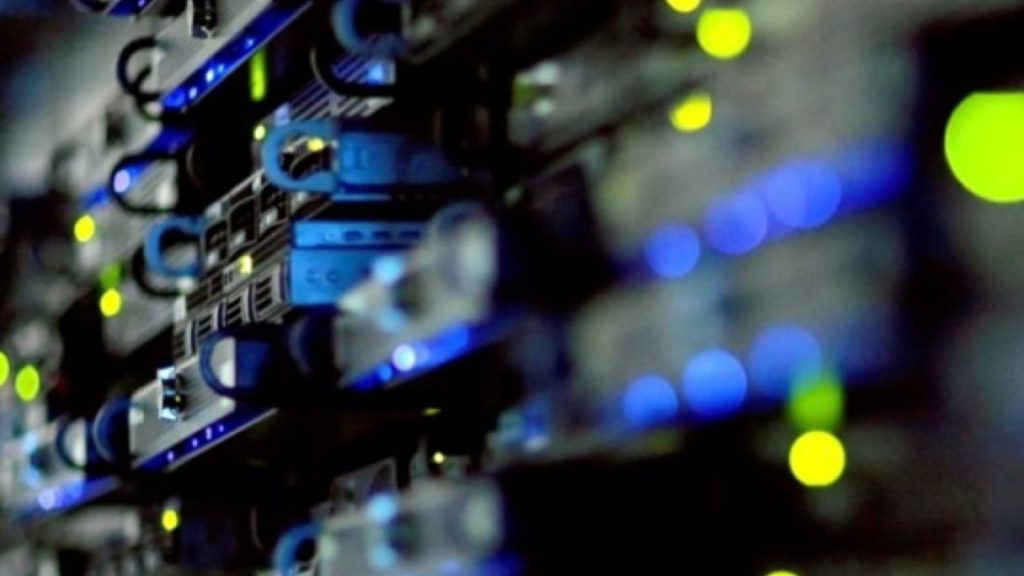We know there are rack servers, tower servers and blade servers in the server categories. However, you may not know the “bare metal servers”. Bare metal servers have always appeared before our eyes intermittently since their launch in 2014. Recently, there have been more and more discussions about bare metal servers. What is a bare metal server? What can a bare metal server do? It is different from traditional physics. What is the difference between a server and a virtual server? Let us discuss.
What is a bare metal server?
The official definition of a bare metal server (BMS) is: a bare metal server is also called a physical server in a single-tenant environment. It is composed of one or more independent servers. It is a new thing in the server field and a virtual server. Computing services for machine flexibility and physical machine performance are dedicated physical servers on the cloud.
Generally speaking, the bare metal server is an upgraded version of the traditional physical server. It can also be said to be a form between the physical servers and the cloud host. It not only has the excellent performance of the traditional physical server, but also has the same convenient management as the cloud host. The platform combines the advantages of both parties. While meeting the high performance and stability requirements of core application scenarios, it also has the flexibility and flexibility of cloud computing and the characteristics of safe physical isolation of traditional physical machines.

Why has bare metal servers become popular again recently?
In the process of using cloud hosts, many users find that the performance of cloud hosts cannot keep up with the business needs of enterprises, and the hardware configuration of cloud hosts cannot match physical servers, which leads to the failure of computing performance and IO disk read and write. As a result, bare metal servers have become popular again because they combine the configuration of physical servers and the convenient management of cloud hosts.
What industries can bare metal servers be used in?
- Scenarios with high requirements for safety and supervision
The financial, securities and other industries have strict requirements for business deployment, and some customers have stringent requirements for data security. The deployment of bare metal servers can ensure exclusive resource sharing, data isolation, supervision and traceability.
- High-performance computing scenarios
High-performance computing scenarios such as supercomputing centers and gene sequencing require large amounts of data to be processed, and require high computing performance, stability, and real-time performance of the server. The performance loss and hyper-threading caused by virtualization have little impact on bare metal servers, which can meet the needs of high-performance computing.
- Core database scenario
Certain key database services cannot be deployed on virtual machines and must be carried by physical servers with exclusive resources, network isolation, and guaranteed performance. Bare metal servers provide users with exclusive high-performance physical servers that can meet business needs in this scenario.
Bare Metal Servers Vs. Virtual Servers Vs. Traditional Servers
This table shows the comparison.
| Function Type | Function | Bare Metal Server | Traditional Physical Server | Virtual Server |
| Operation and maintenance automation | Delivery in Minutes | Y | N | Y |
| Compute | No performance loss | Y | Y | N |
| No feature loss | Y | Y | N | |
| Free of resource contention | Y | Y | N | |
| Storage | Fully compatible with ECS cloud disk system | Y | N | Y |
| Start using cloud disk (system disk) | Y | N | Y | |
| Quick reset of system disk | Y | N | Y | |
| Use cloud server ECS image | Y | N | Y | |
| Cold migration between physical and virtual machines | Y | N | Y | |
| Free operating system installation | Y | N | Y | |
| Free local RAID, provide higher cloud disk data protection | Y | N | Y | |
| Internet | Fully compatible with VPC | Y | N | Y |
| Fully compatible with classic networks | Y | N | Y | |
| There is no communication bottleneck in the VPC between the physical machine cluster and the virtual machine cluster | Y | N | Y | |
| Control | Fully compatible with ECS existing control system | Y | N | Y |
| User experience such as VNC is consistent with the virtual machine | Y | N | Y | |
| Out-of-band network security | Y | N | N/A |
Related Topics:
Dell Servers vs. HPE Servers: Mapping Dell PowerEdge 14G with HPE ProLiant Gen 10G
Choosing the Right RAM for Your Server
Rack Server Comparison: Dell R740 vs. HPE DL380 G10 vs. Lenovo SR650
Tower Server Comparison: HPE ML350 Gen10 vs. Dell T640 vs. Lenovo ST550
4 Key Components of a Server: CPU, Memory, Hard Disk & RAID Card

